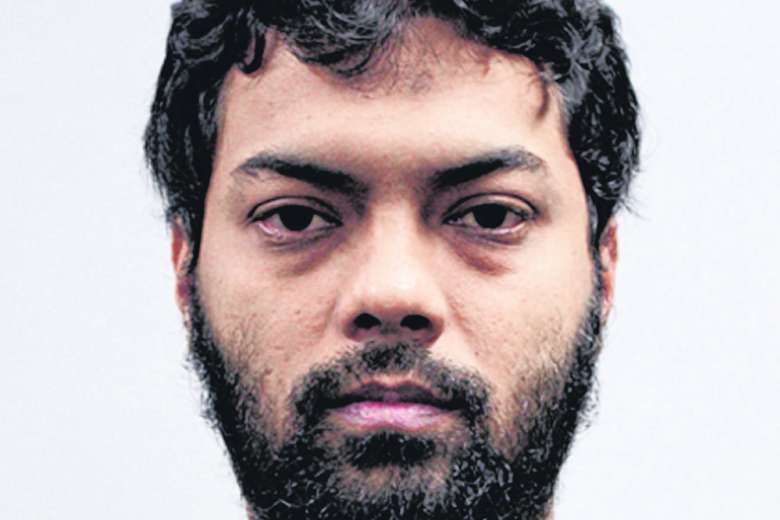Rahman Mizanur, who has been recently arrested in Singapore for forming an assassin squad and militant group Islamic State in Bangladesh, had arrived in Singapore nine years ago for work.
He last went to Singapore in December last year as he worked there on and off as a draftsman in a local construction company, on an S Pass, which allows mid-level skilled staff to work in Singapore.
In the meantime, the 31-year-old had also become deeply radicalised, The Straits Times reported.
A month after he arrived in Singapore, he began recruiting followers among his countrymen working here, with the help of material linked to terror groups Islamic State in Iraq and Syria (ISIS) and al-Qaeda.
By March, he had set up a clandestine group called Islamic State in Bangladesh (ISB). The group had an organisation structure with specific roles for its members: leader, deputy leader, and persons in charge of duties like finance, the Home Affairs Ministry said Wednesday.
They had a target list that included Bangladeshi government and military officials.
The Straits Times, an English-language daily newspaper based in Singapore, brought out the chronicle of the radicalisation of the Bangladeshi worker, who was recently arrested among others in Singapore.
Later that month and in early April, Rahman and seven of his cell members were arrested under Singapore’s Internal Security Act.
The ministry said each of the men had worked in Singapore for cumulative periods of between three and 10 years. They were employed in the construction and marine sectors, and were not known to be radicalised when they first arrived here.
Investigations by the Internal Security Department found that Rahman’s radicalisation began around 2013, when he read radical material online. ISIS had yet to be declared, but a wave of radicalisation was sweeping through societies like Bangladesh, influencing a minority of individuals like himself.
It likely made him more susceptible to becoming radicalised when a fellow Bangladeshi shared ISIS propaganda material with him on his return home last year.
By then, ISIS had attracted some 30,000 foreign fighters to its ranks and inspired brutal terror attacks in France, Turkey, Belgium and elsewhere. ISIS had also produced propaganda material in various languages to convince Muslims that it is their duty to take up arms and fight for its self-declared caliphate.
The ISB members bought the idea and had intended to join ISIS as foreign fighters. But they turned their sights on Bangladesh as they felt it would be difficult to travel to Syria.
Taking issue with the fact that their country’s government was democratically elected, they wanted to overthrow it with force and set up an Islamic state under ISIS’ yoke.
The ISB members contributed money for buying firearms. But they had yet to act on their plans to procure them, the ministry said.
They were probably mindful that the authorities and wider community would be more watchful after the arrest and deportation of 27 radicalised Bangladeshi workers were announced in January this year.
Hence, they met largely in open parks or fields to share radical propaganda and videos, which deepened the radicalism of members.
At least two more ISB members are in Bangladesh, and Home Affairs and Law Minister K. Shanmugam told reporters on Wednesday that Singapore is in close contact with the authorities in Dhaka.
While the ISB’s meetings have been disrupted, concerns remain whether there are more radicalised individuals yet to be found out.
Source: Dhaka Tribune










